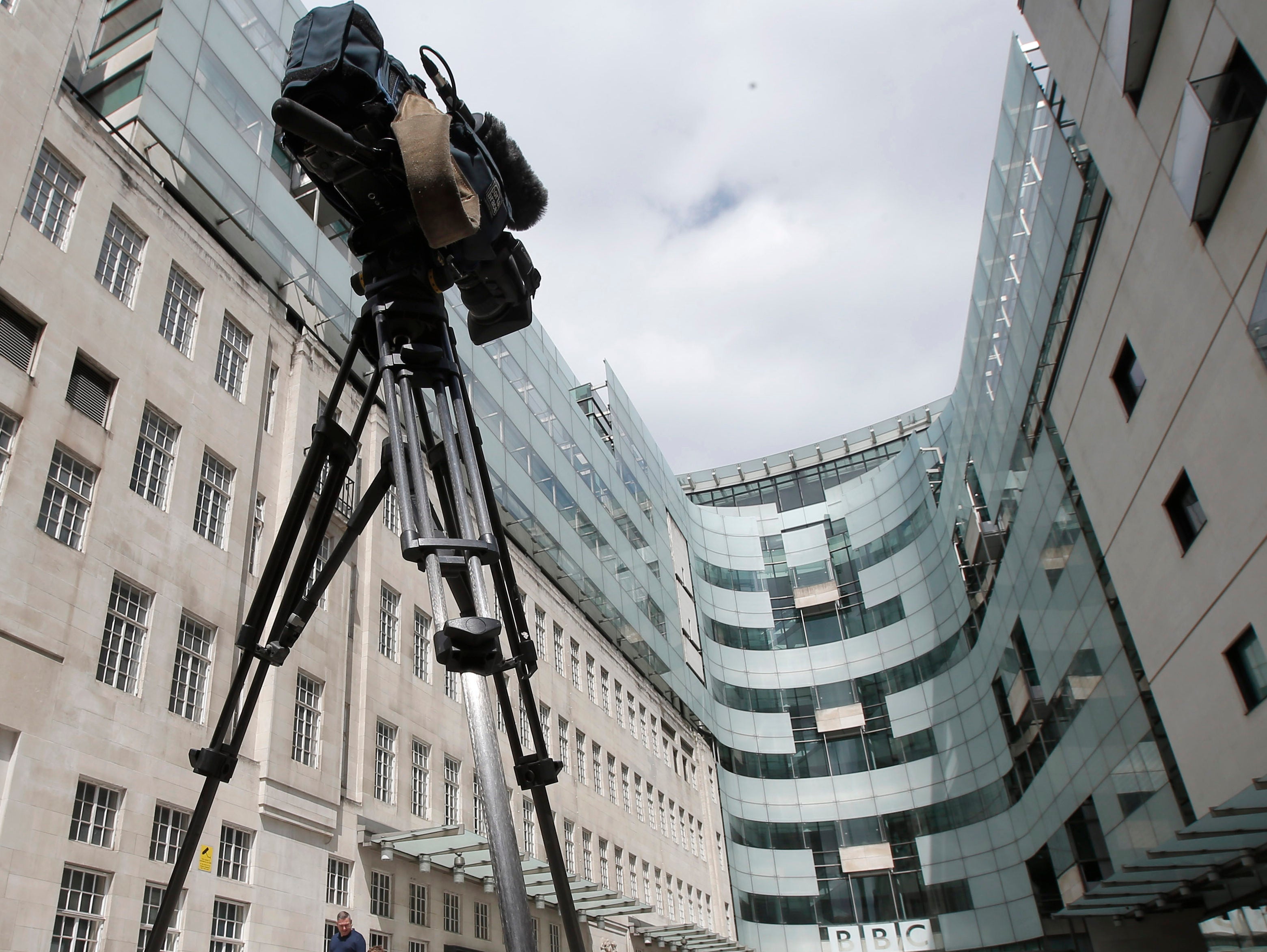
An appeal judge has dismissed a former BBC journalist’s crowdfunded case for a judicial review against the corporation and the way it measures impartiality in news and current affairs programming.
David Keighley claims there is “systemic bias” in the BBC’s reporting of EU affairs, with it “vigorously pushing the case for Remain”, and that things had become a lot worse following the 2016 Brexit vote.
Keighley, a former publicity officer for the BBC and ITV, runs News-Watch, which monitors impartiality at public service broadcasters.
He raised £57,284 from more than 1,400 people in under a month last year to bring a judicial review challenging the BBC’s “apparent failure” to formally measure how it meets its impartiality requirements.
The Royal Charter states that the BBC Board must ensure the BBC fulfills its mission by setting a framework to assess how well it is delivering its obligations using “performance measures” and targets where appropriate.
Keighley’s lawyer, Thomas Roe QC, told the High Court last autumn that the charter “requires the BBC to devise and implement a system for measuring the extent to which its news and current affairs output ensures the fair ventilation of all lawful views on matters of political controversy, and for reflecting on what these measurements show”.
He claimed it was possible to reach an objective judgment on whether a programme or series of programmes had succeeded in remaining impartial, and that audience surveys are therefore not sufficient.
Roe submitted that the BBC “makes no attempt to subject its output to measurement against the criterion of impartiality”.
The case was dismissed by the Court of Appeal, where Lord Justice Singh said there were no grounds on which it had any real prospect of success.
He ruled last month that there was “no reason in public law as to why the BBC should not use audience surveys”, adding that Keighley had “failed to specify what he asserts the charter obliges the BBC to do”.
“The BBC is under no obligation to adopt a certain methodology, this is a matter left to their judgment,” the judge said.
“Furthermore, there is no basis for the argument that the use of audience surveys is an irrational measure to adopt.”
Dismissing the case at the High Court in November, Mr Justice Supperstone said he was satisfied that BBC News does have a framework in place to measure its performance against the Charter.
This framework looks at its reach within the adult population, its impartiality, trust and accuracy scores, and audience perceptions as per a survey carried out by Ipsos Mori.
According to the High Court judgment, the BBC has criticised News-Watch’s own methodology for relying too much on quantitative analysis, such as by counting the number of words relevant to particular viewpoints.
The BBC told the court this methodology “fails to appreciate that a point made succinctly does not make it any less effective” or that nuanced contributions often do not fit into binary categories like Leave or Remain.
Keighley in turn said this criticism was “unfair” as word counting only makes up one part of his technique.
The BBC also told the court it had previously abandoned a system of monitoring that proved to be “very unhelpful in defining whether it was impartial” as well as expensive and time consuming.
The judges took note of Ofcom’s ruling last year that the BBC had not breached impartiality rules with its news and current affairs coverage of Brexit across a number of Radio 4 programmes.
This ruling came in response to a complaint from Keighley and a cross-party group of nine Leave-supporting MPs and peers.
The judges also found that Keighley had filed his claims too late.
Keighley wrote in an update to crowdfunders that he must now pay £18,000 to the BBC to cover its legal costs, but that he would continue in his accountability mission.
“I intend to continue with the support of other like-minded individuals to attempt to make the BBC accountable for its content and implement an acceptable and functioning system to measure the impartiality of its output and ensure compliance with its charter obligations,” he wrote.
Picture: Reuters/Peter Nicholls
Email pged@pressgazette.co.uk to point out mistakes, provide story tips or send in a letter for publication on our "Letters Page" blog
